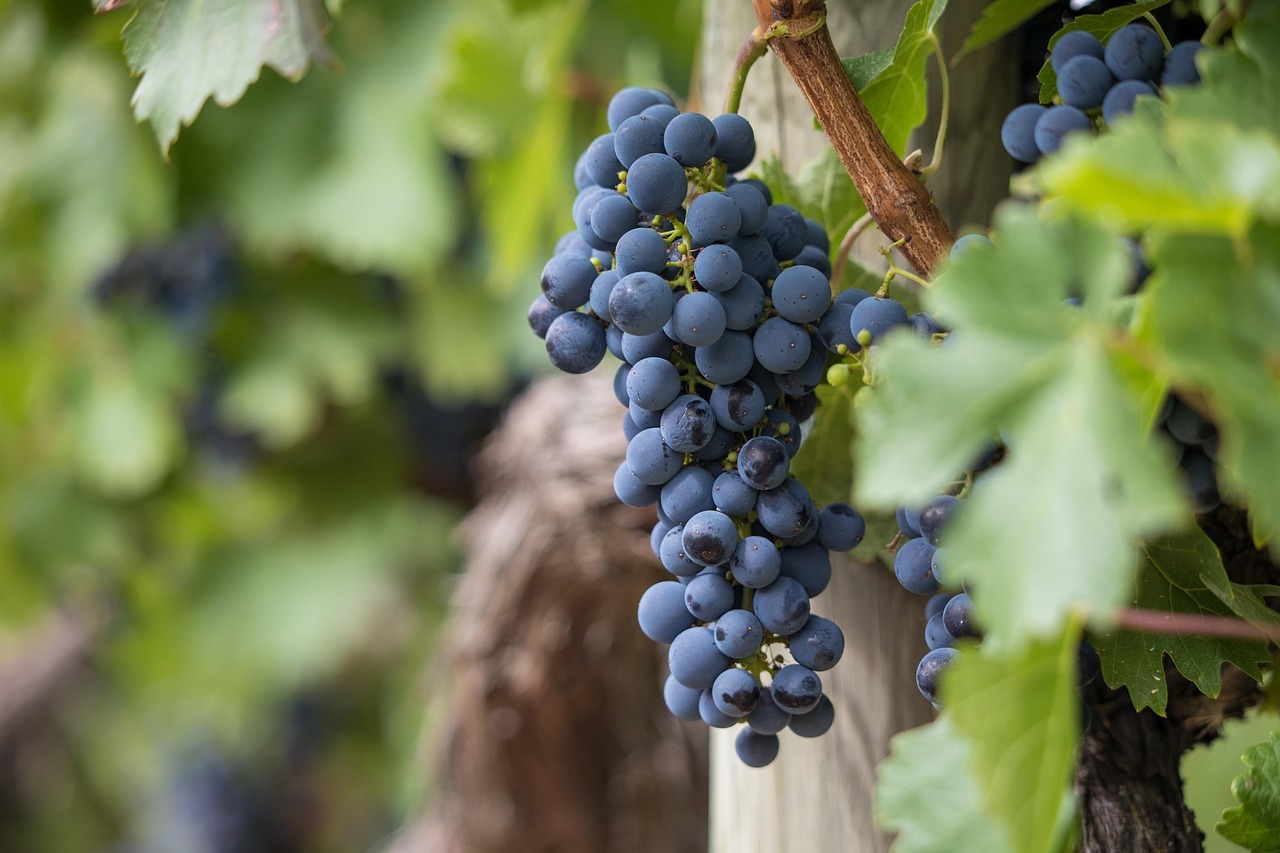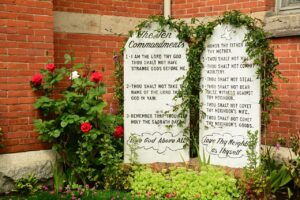Acts 10: 25-26, 34-35, 44-48 (RM) or 44-48 (RCL); Psalm 98; 1 John 4: 7-10 (RM) or 1 John 5: 1-6 (RCL); John 15: 9-17.
These past few weeks our Gospel readings from the account of John come from a section of text that looks like it was parachuted into John’s idiosyncratic account of the Last Supper. Jesus is depicted giving a lengthy speech to his disciples about the future — their future — as they unfold and live out their post-Resurrection faith when he is no longer among them. Scholars call these chapters 15-17 of John the “Farewell Discourse.”
Some years ago, I was working on a project with a New Testament scholar who was a woman religious. Almost as soon as we sat down for coffee in the convent refectory we were swooped down upon by Soeur Jeanne (Sister John), a friendly, chatty elder nun. Soeur Jeanne never ran out of things to tell us. She would finish her lunch, stand up, and then linger, leaning over her chair while she chatted on and on …. and on …. We finally went back to work with a wan smile, joking about Soeur Jeanne’s Farewell Discourse.
These chapters of course date from some three generations after the lifetime of the historical Jesus, and contain a good deal of somewhat off-putting you-versus-the-world dualism. But last week’s metaphor of the vine and the branches was one little gem tucked into the text, and this week we have another, related nugget:
“It was not you who chose me, it was I who chose you, to go forth and bear fruit, fruit that will last.”
This can be a bit scary. And maybe it should be scary for anyone who thinks that they came to a commitment to Christian faith all on their own, as a result of a private decision-making process. It might be scary for those of us working in some form of pastoral or practical ministry if we’re tempted to think of our work as, well, ours. Because in the end, probably no one in their right mind would darken the door of a church, especially one marked too often by pastoral insensitivity, or scandal, or mismanagement.
We’re there because something drew us, maybe something we don’t fully recognize or can’t quite identify. We’re there because of some sort of invitation. Ultimately we’re there because of God’s initiative, not our own. And when we’ve had enough of power maneuvers, or bad liturgy, or belittling of women or 2SLGBTQ+ persons, or racism, or you name it, and want to run screaming out the door and never come back – well OK, we might do that.
But most likely there remains a spiritual hunger, and embedded in that hunger is the invitation. God’s initiative. God as a reality, a living Being with whom we are continually in relationship, one way or another, conscious or not.
Here is where the grapevine and the call come together. The life flowing through the vine into the branches, into the buds, forming them as heavy clusters of ripe grapes, sustains us through the dry seasons. The same life sustains us through the pruning. After all, we’re not the ones doing the pruning. We can’t even see our own little vine most of the time, never mind the whole of the vineyard. We wouldn’t go deep enough with the pruning – we’d back off, hesitating, afraid of cutting too deep and severing the lifeline.
The lifeline comes from God, just as the call comes from God. We didn’t make it up. We couldn’t. And we cannot entirely sever it either. That’s not in our power. Not even by some horrendous sin we can’t face. Because the life that bears fruit flows from and in and through God.
And God does not take orders.
Pat and Patty Crowley, a married couple from Chicago who were prominent in the 1960’s Christian Family Movement, were invited to serve on Pope Paul VI’s Papal Birth Control Commission. At one session, a highly-placed Vatican official was railing on and on about why the Church teaching against birth control could not be changed:
“What about all those people through the ages that we have condemned to hell?”
Patty Crowley responded sweetly,
“But Monsignor, how can you be sure that God carried out all of your orders?”
© Susan K. Roll
This Reflection was lightly edited from that of May 9, 2021.
Susan Roll retired from the Faculty of Theology at Saint Paul University, Ottawa, in 2018, where she served as Director of the Sophia Research Centre. Her research and publications are centred in the fields of liturgy, sacraments, and feminist theology. She holds a Ph.D. from the Catholic University of Leuven (Louvain), Belgium, and has been involved with international academic societies in liturgy and theology, as well as university chaplaincy, Indigenous ministry and church reform projects.




